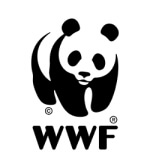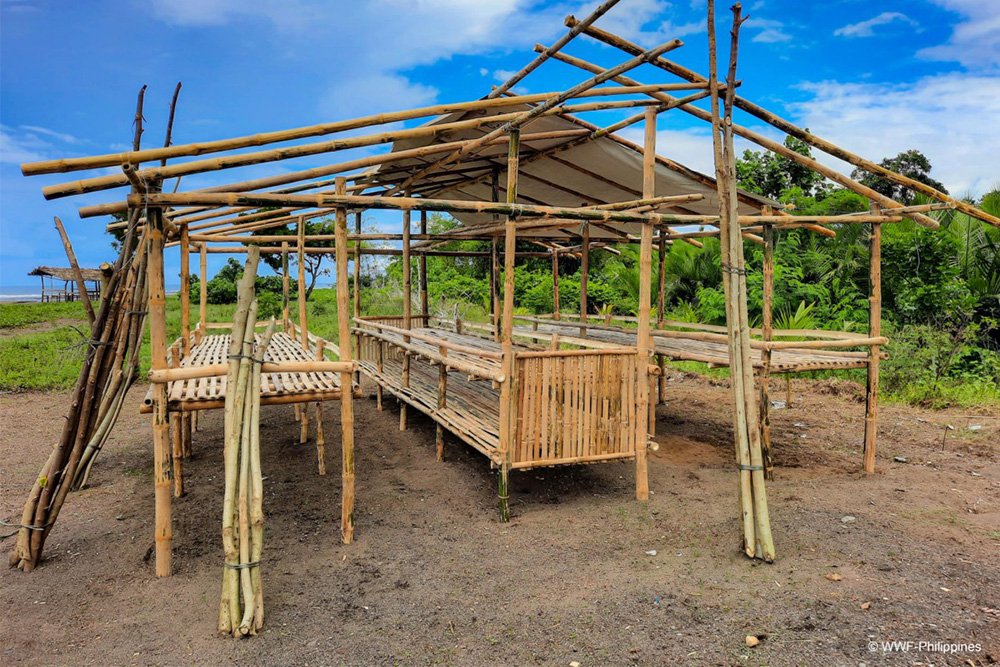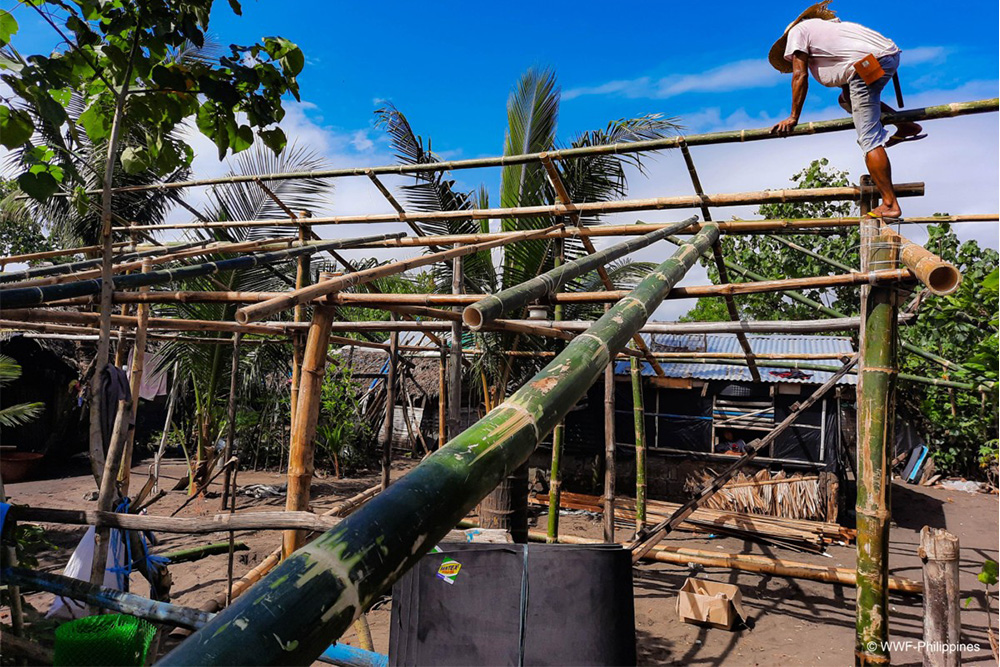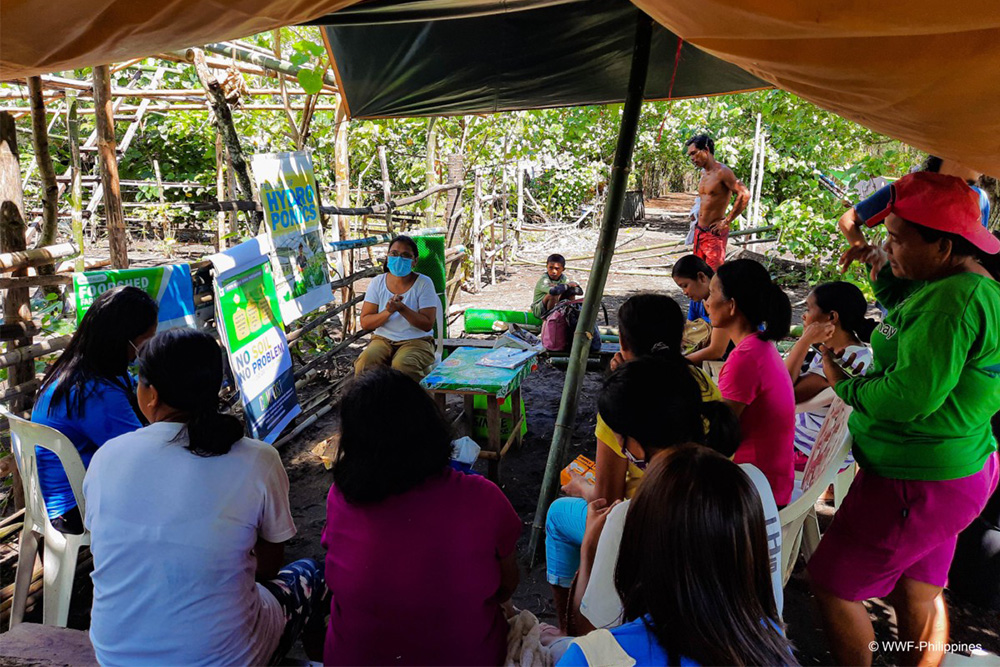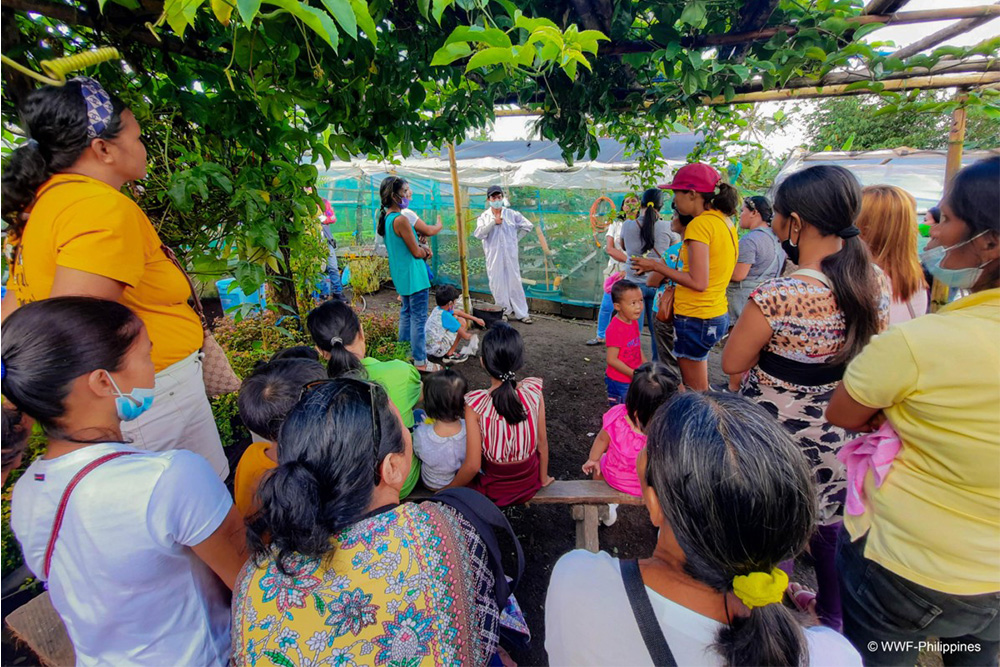Small developments bring helpful wins for the fisherfolk of Lagonoy Gulf.
As of late March, 2022, the World Wide Fund for Nature (WWF) Philippines has assisted in the construction of a total of three food sheds in coastal communities in the municipalities of Tiwi and Malinao, in the province of Albay.
Each food shed constructed brings added food security for its host community. A low-cost and efficient agricultural innovation, each food shed can support a range of different crops along its multi-storey frame.
Surplus from each food shed is in turn sold at the market or processed into products. This surplus spurs local economies, provides food security to neighboring communities and creates additional livelihood for those tending to the structure.
The food sheds are particularly significant to small-scale tuna fishers, many of whom live along the coasts of Tiwi and Malinao. Due to the seasonality of yellowfin tuna fisheries, fishers can go long periods without a catch. The gains provided by each food shed can help them tide through these periods.
“Securing food for the future requires everyone’s participation. These food shed farming systems are an effective platform for community members to work together to improve their access to food and to earn sustainable incomes,” said WWF-Philippines Project Manager Monci Hinay.
The World Wide Fund for Nature (WWF) Philippines is pioneering the construction of food sheds across the country. Together with the Federation of Multi-Sectoral Alliance for Development (MUAD) Negros, WWF-Philippines has rolled out food security initiatives in rural communities across the country.
Modular in construction and easy to build, WWF-Philippines maintains that any rural community can benefit from hosting a food shed.
Meanwhile, WWF-Philippines’ Sustainable Tuna Partnership 2 (STP 2) looks to safeguard the yellowfin tuna fisheries of the Philippines by lobbying for sustainable policies and supporting the livelihoods of small-scale fishers.
The Local Government Units of Malinao and Tiwi also extended their support to the food shed effort. Both LGUs committed staff to monitor and provide inputs to the new food sheds. A water pump was also provided by the LGU of Tiwi, whose office also hosted a study tour to their own community garden, to further build the farming capacities of partner fishers.
“We really have to get exploring when it comes to helping our partner communities. These food sheds are one of many interventions we’ve been exploring in order to support our fisher friends, and so far they have been very popular,” said WWF-Philippines Field Operation Manager Marietta Calacal.

